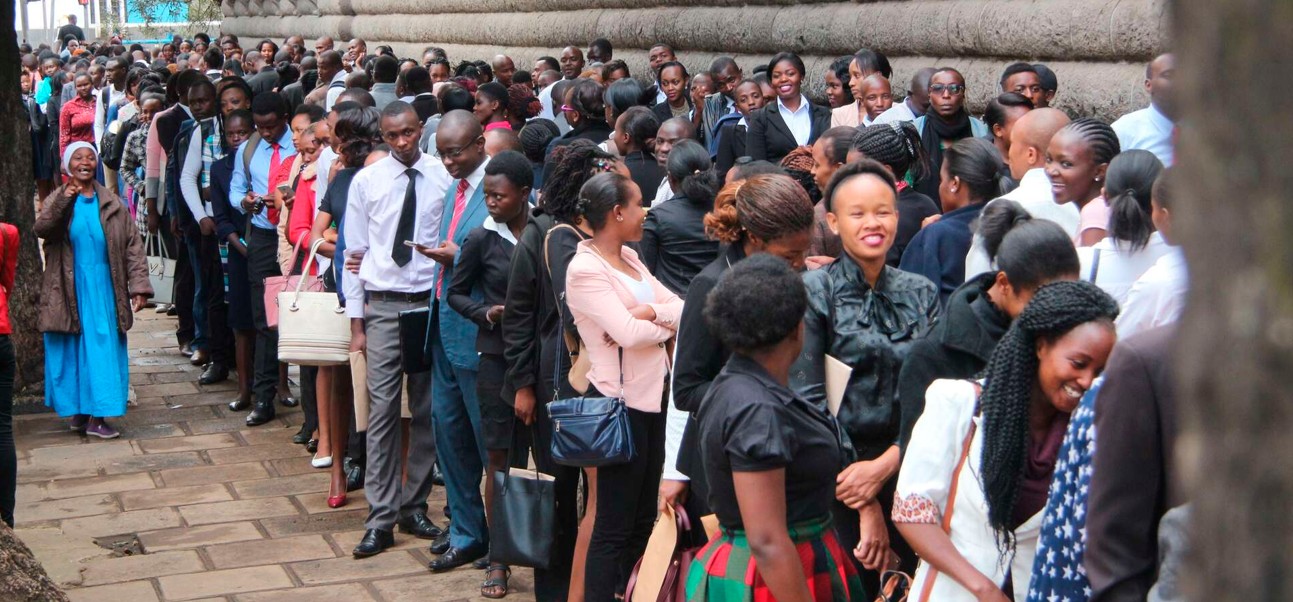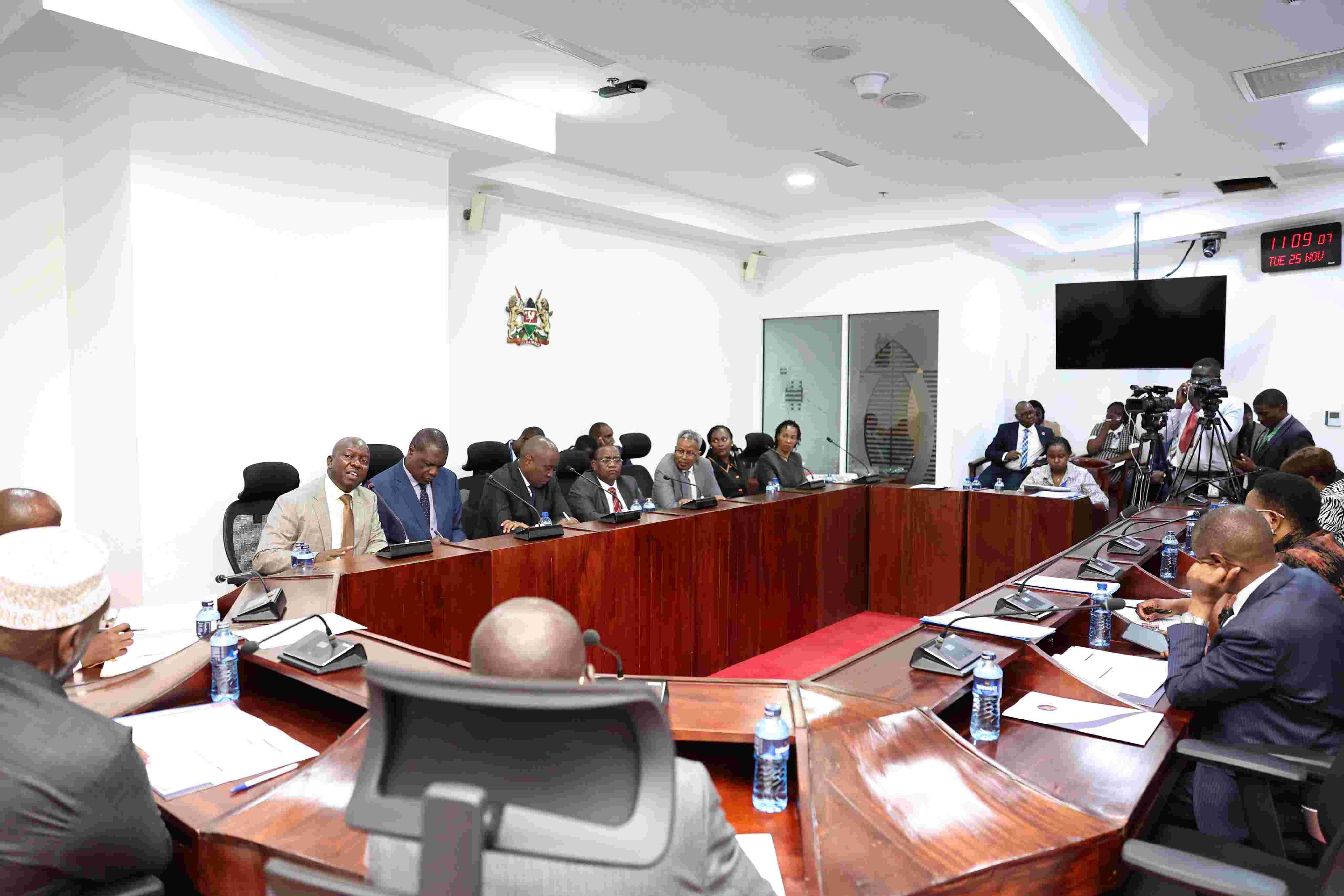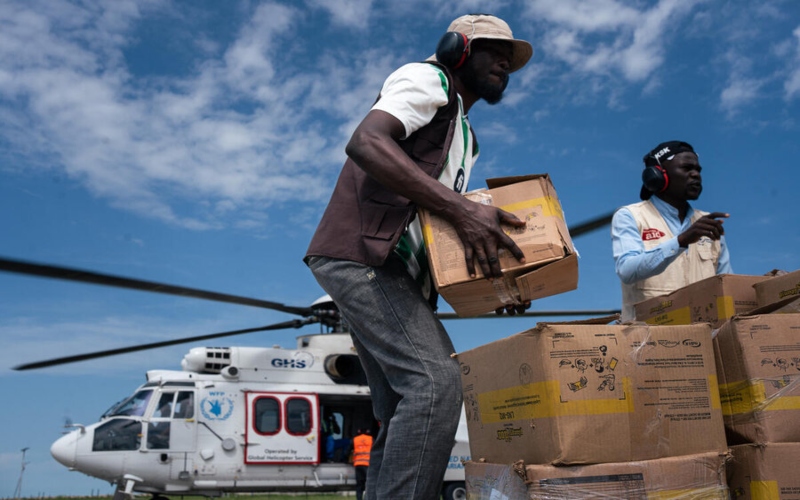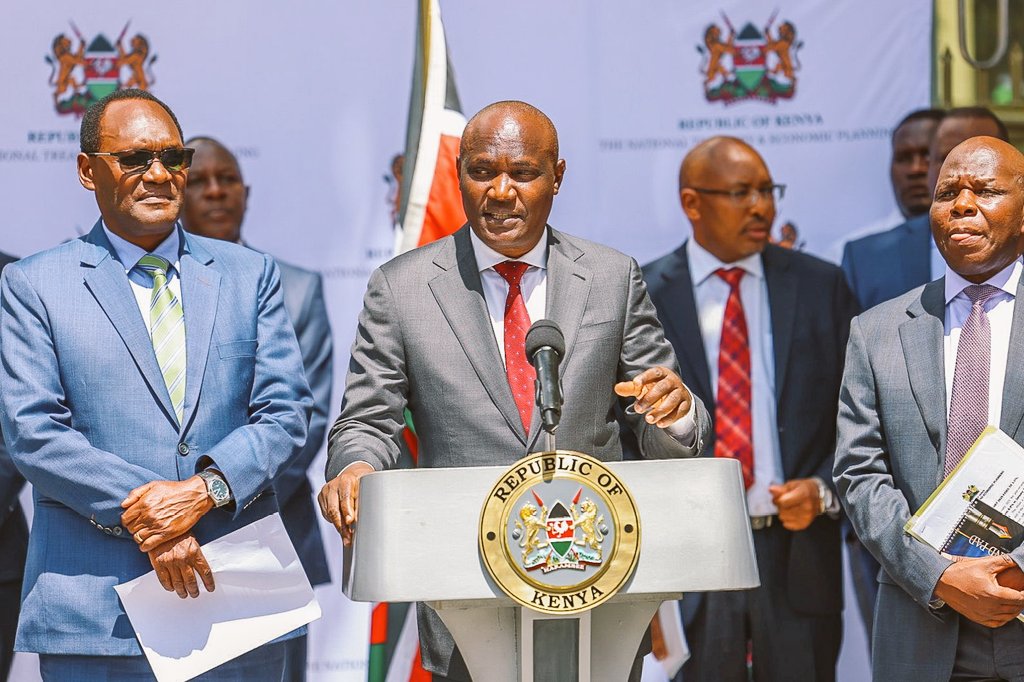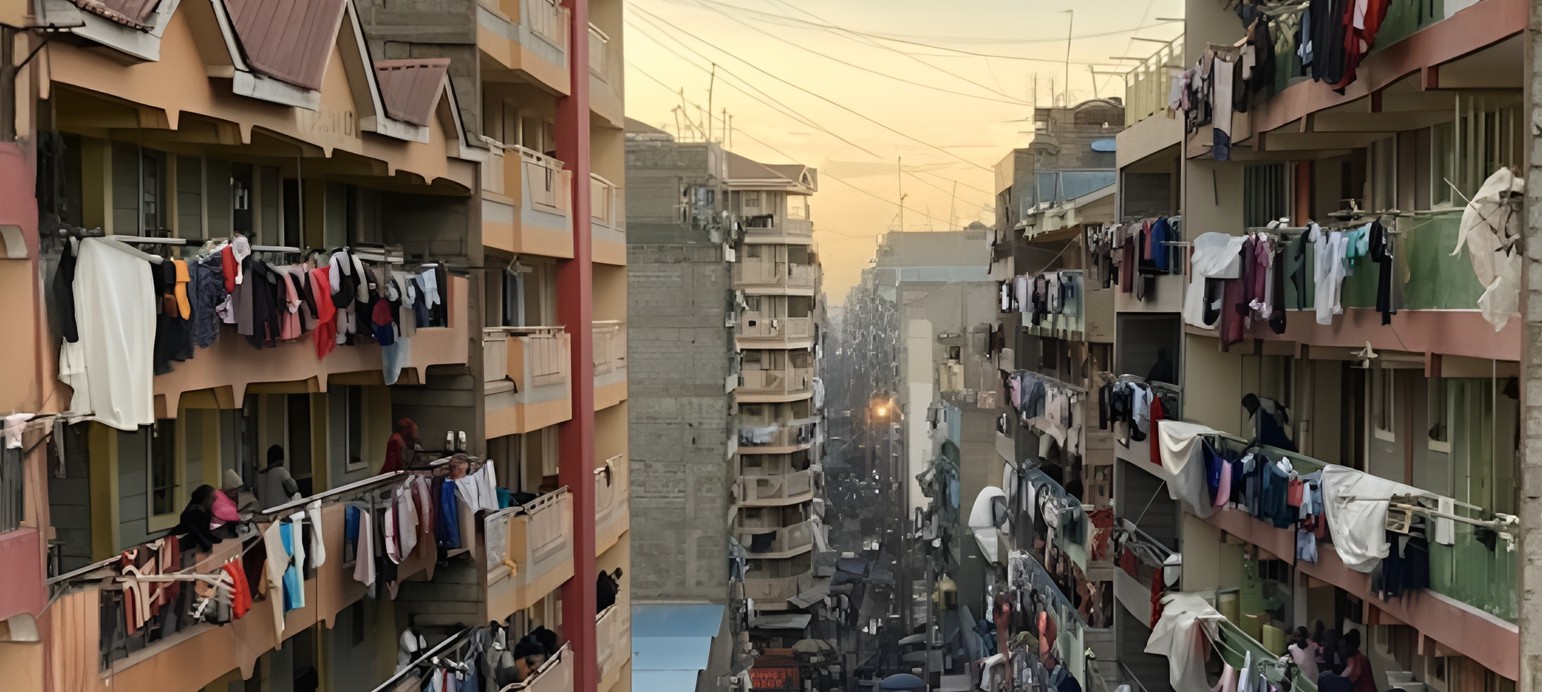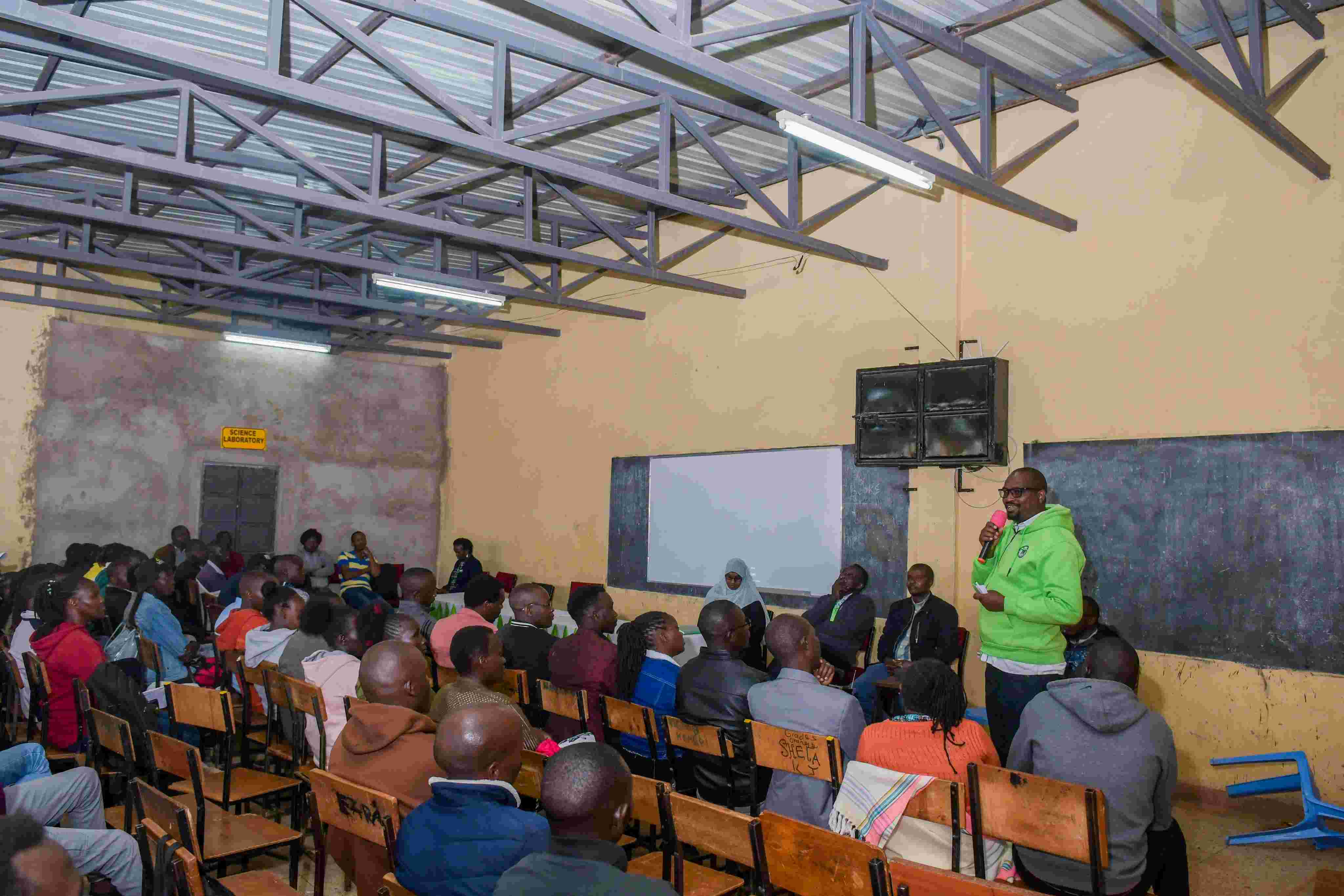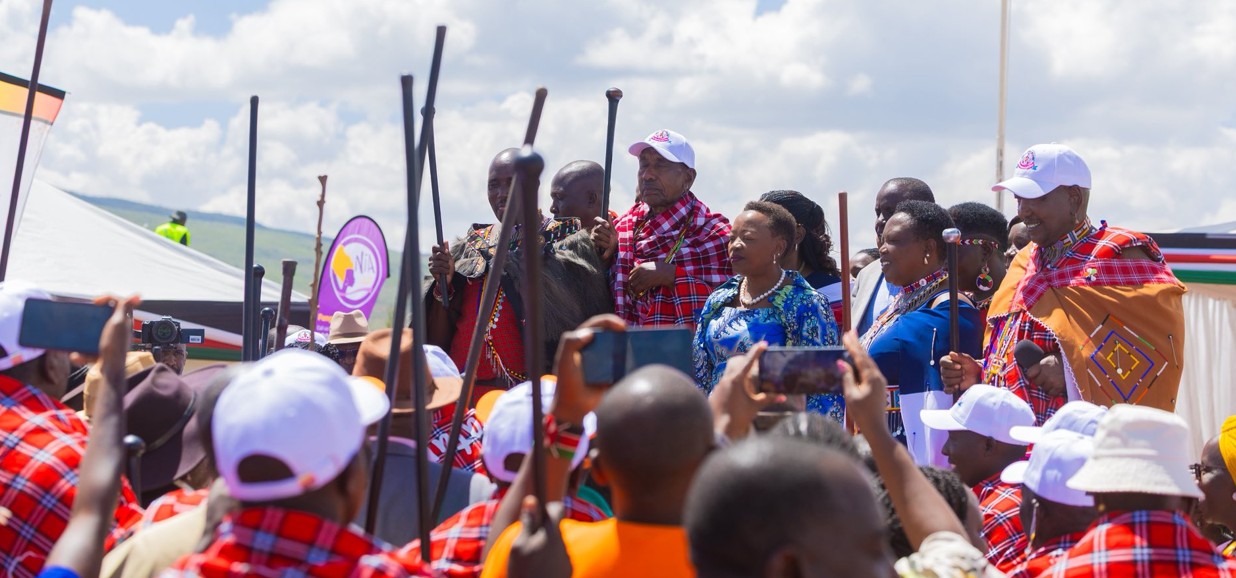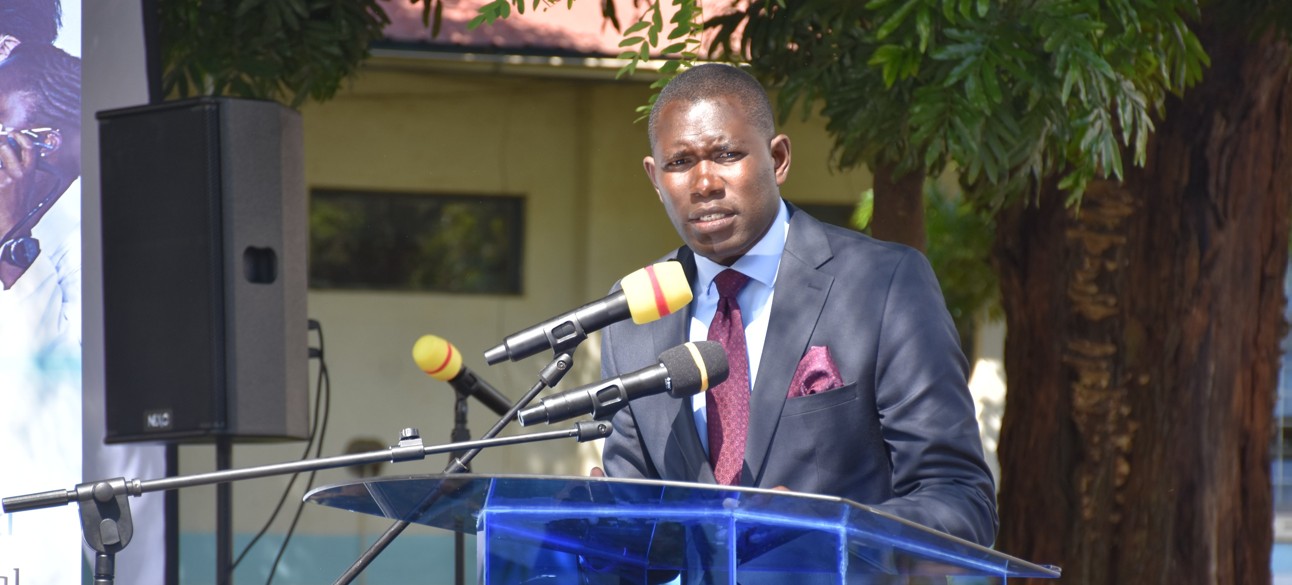Women MPs call for abolition of death penalty for female offenders, citing gender inequities

KEWOPA said many women facing death sentences have histories of domestic abuse and social marginalisation that the legal system often fails to consider.
The Kenya Women Parliamentary Association (KEWOPA) has called for the abolition of the death penalty for women, arguing that systemic inequities and gender-based vulnerabilities make capital punishment disproportionately harsh on female offenders.
During a roundtable breakfast with the International Commission of Jurists (ICJ), Kenya on Tuesday, the Association said many women facing death sentences have histories of domestic abuse and social marginalisation that the legal system often fails to consider.
More To Read
- Over 31,000 SGBV cases filed in Kenyan courts in 2024/25, report reveals
- Senate urges swift action on Kenyans stranded in Russia, gender violence, mental health, and illegal construction
- New Bill proposes harsher penalties, mandatory compensation for SGBV offenders
- Mombasa Woman Rep calls for tougher laws amid surge in gender-based violence
- 65,540 teen pregnancies in Busia prompt KEWOSA intervention
- Male MPs urged to champion gender equality and support women’s legislative agenda
The call for reform comes ahead of the 16 Days of Activism against Gender-Based Violence (GBV), with Women MPs advocating for Kenya to adopt the African Union’s draft Protocol on the abolition of the death penalty.
Speaking on behalf of the KEWOPA chairperson, nominated Senator Beth Syengo reaffirmed the MPs’ commitment to legal advocacy and gender-responsive justice systems, stressing the need for legal reforms that are sensitive to gender and social realities.
“We stand ready to work with ICJ Kenya, the World Coalition Against the Death Penalty, development partners, and fellow parliamentarians to ensure that no woman is further victimised by a system meant to protect her,” Syengo said.
She highlighted the compounded punishments women face, noting that structural inequalities often worsen the impact of criminal sentences.
“When a woman is sentenced to death, she is not only punished for a crime, she is often punished again for her gender, for systemic inequities, and for the failures in structures meant to protect her,” she said.
ICJ Kenya chairperson Christine Alai emphasised that capital punishment continues to be imposed despite legal reforms, including the 2017 abolition of the mandatory death sentence for murder and periodic mass commutations of death sentences.
“While the application of capital punishment has been restricted by the abolition of the mandatory death sentence for murder in 2017 and by occasional mass commutations of death sentences to reduce numbers on death row, Courts continue to sentence defendants to death for murder, robbery with violence, attempted robbery with violence, and treason,” Alai said.
She urged Women MPs to consider the unique circumstances of women facing the death penalty, noting that criminal legal systems have historically been designed “by men for men” and fail to account for the pathways to female incarceration and how these can be mitigated.
KEWOPA members stressed the importance of engaging women prisoners to understand their grievances, pointing out that many women on death row are survivors of domestic violence. They called on judges to consider these circumstances during sentencing.
The MPs emphasised that the national discussion on the death penalty must include a gender perspective, arguing that justice that is blind to gender is not justice at all.
Top Stories Today


